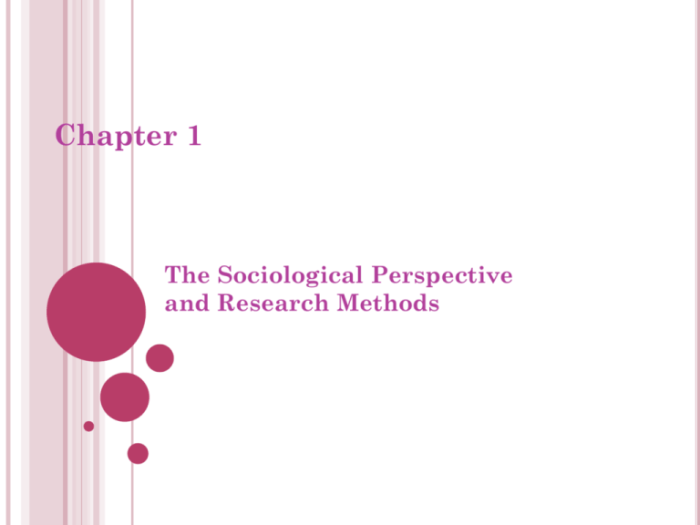Sociology in our times 12th edition pdf – Sociology in Our Times, 12th Edition, provides a comprehensive and engaging overview of the field of sociology, exploring the major theoretical perspectives, social institutions, social stratification, social change, social problems, research methods, and applications of sociology. This highly acclaimed text offers a wealth of up-to-date research and case studies, making it an essential resource for students and scholars alike.
The 12th edition of Sociology in Our Times has been thoroughly revised and updated to reflect the latest developments in the field. New content includes discussions of the impact of social media on society, the rise of populism and nationalism, and the challenges facing social institutions in the 21st century.
Introduction

Sociology is the scientific study of society and human behavior. It is a vital field of study in contemporary society because it helps us understand the complex social forces that shape our lives.
The 12th edition of “Sociology in Our Times” provides a comprehensive overview of the field of sociology. It covers a wide range of topics, including theoretical perspectives, social institutions, social stratification, social change, social problems, and research methods.
Theoretical Perspectives
There are three major theoretical perspectives in sociology: functionalism, conflict theory, and symbolic interactionism.
Functionalism views society as a system of interconnected parts that work together to maintain equilibrium. Conflict theory sees society as a battleground between different groups competing for resources. Symbolic interactionism focuses on the way that people interact with each other and how these interactions create social reality.
Social Institutions

Social institutions are organized patterns of behavior that help to meet the needs of society. The family, education, and religion are all examples of social institutions.
Social institutions play a vital role in shaping our lives. They provide us with a sense of identity, belonging, and purpose. They also help to regulate our behavior and socialize us into the norms and values of society.
Social Stratification
Social stratification is the division of society into different social classes. Social class is determined by a variety of factors, including income, education, occupation, and race.
Social stratification has a significant impact on our lives. It affects our access to resources, our opportunities for success, and our overall well-being.
Social Change

Social change is the process by which societies transform over time. Social change can be caused by a variety of factors, including technological innovation, economic development, and political revolution.
Social change can have a profound impact on our lives. It can create new opportunities, but it can also disrupt our lives and create challenges.
Social Problems
Social problems are conditions that harm society and its members. Poverty, crime, and environmental degradation are all examples of social problems.
Sociologists study social problems in order to understand their causes and consequences. They also develop solutions to these problems.
Research Methods

Sociologists use a variety of research methods to study society. These methods include surveys, interviews, and participant observation.
Each research method has its own strengths and weaknesses. Sociologists choose the research method that is most appropriate for the research question they are trying to answer.
Applications of Sociology
Sociological knowledge is applied in a variety of fields, including social work, education, and policymaking.
Sociologists use their knowledge to help solve social problems, improve education, and create more just and equitable societies.
Commonly Asked Questions: Sociology In Our Times 12th Edition Pdf
What is the main focus of sociology?
Sociology is the study of human societies and social behavior. Sociologists investigate the structure of social systems, the processes that shape social interactions, and the ways in which social institutions influence individual lives.
What are the major theoretical perspectives in sociology?
The major theoretical perspectives in sociology include functionalism, conflict theory, and symbolic interactionism. Functionalism emphasizes the role of social institutions in maintaining social order, while conflict theory focuses on the role of conflict and inequality in shaping society. Symbolic interactionism examines the ways in which individuals interact with each other and create meaning through symbols.
What are the major social institutions?
The major social institutions include the family, education, religion, and the economy. These institutions play a vital role in shaping our lives, providing us with the values, norms, and beliefs that guide our behavior.
What is social stratification?
Social stratification is the division of society into different social classes. Social stratification can be based on factors such as income, education, occupation, and race.
What are the major social problems facing society today?
The major social problems facing society today include poverty, crime, environmental degradation, and inequality. These problems have a profound impact on the lives of individuals and communities.